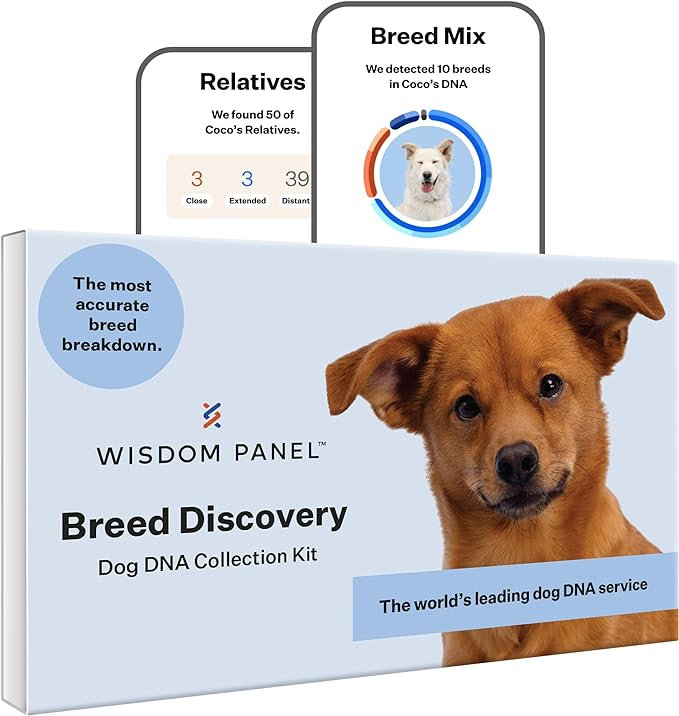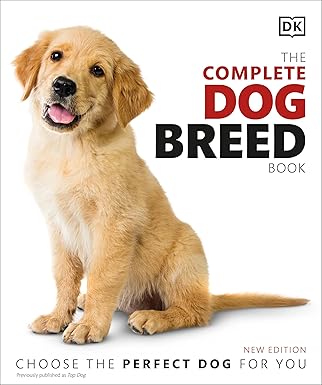This “Best Dog Breeds for Every Lifestyle: A Complete Guide” post may contain affiliate links, which means I’ll receive a commission if you purchase through my link, at NO EXTRA COST TO YOU
Best Dog Breeds for Every Lifestyle: A Complete Guide
Choosing the right dog breed for your lifestyle is a crucial decision. This choice can significantly impact your happiness and your dog’s well-being. With so many breeds available, finding the perfect match may seem overwhelming. However, by considering a few key factors, you can narrow down your options and select a dog that complements your lifestyle.
Understand Your Activity Level
First and foremost, evaluate your activity level. Are you an active person who enjoys outdoor activities like hiking and running? Or do you prefer a more relaxed lifestyle with leisurely walks? High-energy breeds like Border Collies, Australian Shepherds, and Labrador Retrievers thrive with lots of exercise and mental stimulation. On the other hand, if you prefer a quieter lifestyle, breeds like Bulldogs, Basset Hounds, or Shih Tzus may be more suitable, as they require less physical activity.
Consider Your Living Space
Next, take a close look at your living space. Do you live in a spacious house with a large yard, or is your home a cozy apartment? Larger breeds such as Golden Retrievers, German Shepherds, and Great Danes often need more space to move around and play. In contrast, smaller breeds like Dachshunds, Pomeranians, or French Bulldogs adapt well to apartment living. Moreover, if you live in an urban area with limited outdoor space, consider breeds that are comfortable with shorter, frequent walks.
Factor in Time Commitment
Time commitment plays a significant role in choosing the right breed. Some dogs need more attention and training, while others are more independent. Breeds like Poodles, Border Collies, and Doberman Pinschers are intelligent and require consistent mental and physical stimulation. Conversely, if you have a busy schedule, a breed like the Greyhound or the Basset Hound, which can be left alone for longer periods, might be a better fit.
Grooming Needs and Allergies
Grooming is another important consideration. Certain breeds, like Poodles and Bichon Frises, have hair instead of fur, making them more suitable for individuals with allergies. However, they do require regular grooming to prevent matting. If you prefer a low-maintenance breed, consider a dog with shorter fur, like a Beagle or a Boxer, which only needs occasional brushing. Additionally, breeds like the Siberian Husky or the Samoyed shed heavily and may require frequent grooming, so make sure you’re prepared for the extra work.
Family Dynamics and Social Environment
Your family dynamics also play a crucial role in your decision. If you have young children, look for breeds known for their patience and gentleness, such as Golden Retrievers, Labrador Retrievers, or Cavalier King Charles Spaniels. These breeds tend to be friendly and tolerant, making them excellent family pets. Additionally, if you have other pets at home, consider breeds that are known to get along well with other animals. For instance, breeds like the Beagle or the Cocker Spaniel are typically sociable and enjoy the company of other dogs.
Training and Temperament
Another factor to consider is the breed’s temperament and trainability. Some breeds are naturally more stubborn and independent, making them challenging for first-time dog owners. Breeds like the Shiba Inu or the Afghan Hound may require a more experienced handler. On the other hand, breeds like the Labrador Retriever or the Border Collie are highly trainable and eager to please, making them great choices for novice owners.
Consider Your Climate
Climate also influences your breed choice. Dogs with thick coats, like the Alaskan Malamute or the Bernese Mountain Dog, thrive in colder climates. However, these breeds may struggle in hot, humid environments. If you live in a warmer region, consider breeds with shorter coats, such as the Chihuahua, Dalmatian, or Whippet, which handle heat better.
Age and Health Considerations
Age and health are often overlooked but important factors. Puppies require a lot of time, patience, and training. If you have a busy lifestyle, adopting an older dog might be a better option. Senior dogs are often calmer and already trained, making them easier to integrate into your life. Additionally, consider the health issues associated with certain breeds. For example, brachycephalic breeds like Bulldogs and Pugs are prone to breathing difficulties, while larger breeds like the Great Dane or Saint Bernard are more susceptible to hip dysplasia.
Lifestyle Compatibility
Finally, reflect on how the breed’s characteristics align with your lifestyle. For instance, if you travel frequently, a breed that adapts well to change, like the Maltese or the Cavalier King Charles Spaniel, may be ideal. If you love outdoor adventures, a more active breed like the Australian Shepherd or the Weimaraner would likely thrive in that environment. Furthermore, if you enjoy spending time at home, a companion breed like the Pug or the Shih Tzu would be happy to relax by your side.
Conclusion
In conclusion, choosing the perfect dog breed for your lifestyle requires careful consideration of various factors. By evaluating your activity level, living space, time commitment, grooming needs, family dynamics, and the breed’s temperament, you can make an informed decision that will lead to a happy and fulfilling relationship with your new canine companion. Remember, each dog is unique, and finding the right match will ensure a lifetime of joy and companionship.
© Copyright 2024. All rights reserved.













